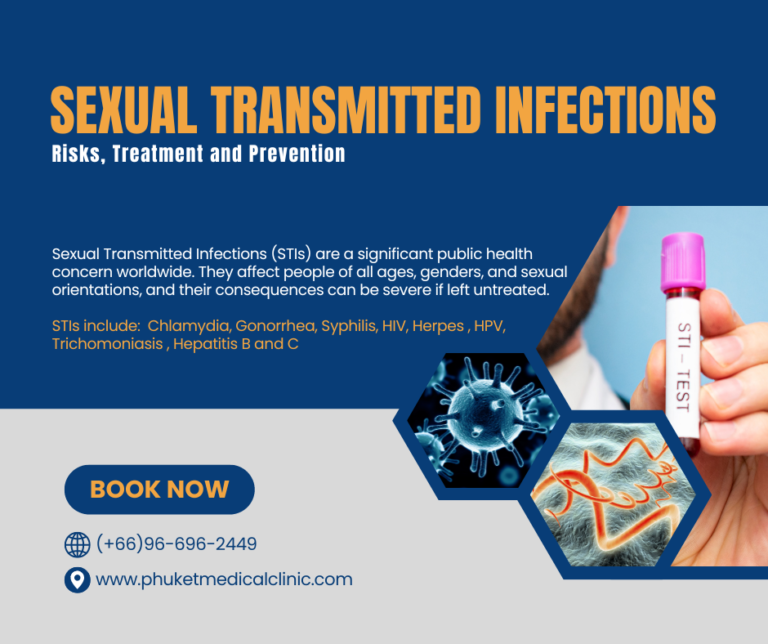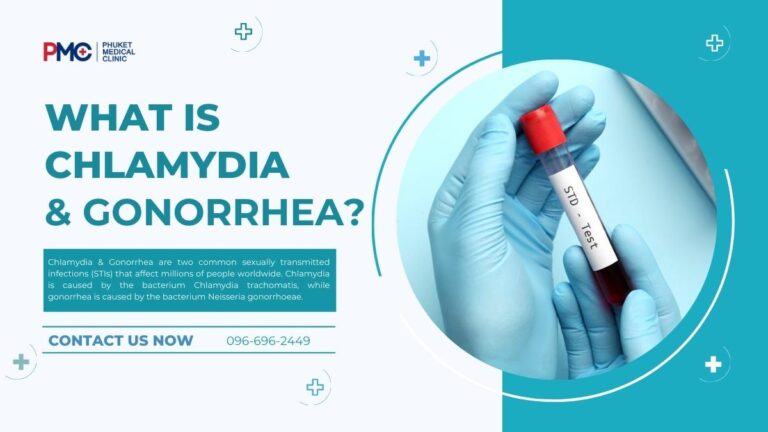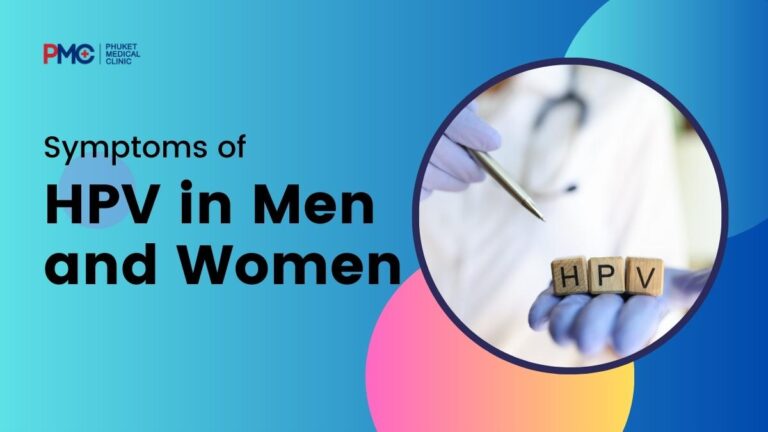Chlamydia and gonorrhea are two common sexually transmitted infections (STIs) that affect millions of people worldwide. Chlamydia is caused by the bacterium Chlamydia trachomatis, while gonorrhea is caused by the bacterium Neisseria gonorrhoeae. Both infections can be transmitted through vaginal, anal, or oral sex, as well as from an infected mother to her newborn during childbirth. Chlamydia and gonorrhea often show no symptoms or present mild symptoms, which can lead to delayed diagnosis and increased risk of complications. If left untreated, these infections can result in serious health problems, such as pelvic inflammatory disease, infertility, and increased susceptibility to HIV infection. Diagnosis is usually done through laboratory tests, and both infections can be treated with antibiotics. Preventive measures, such as practicing safe sex and regular testing, are crucial in controlling the spread of these STIs.










